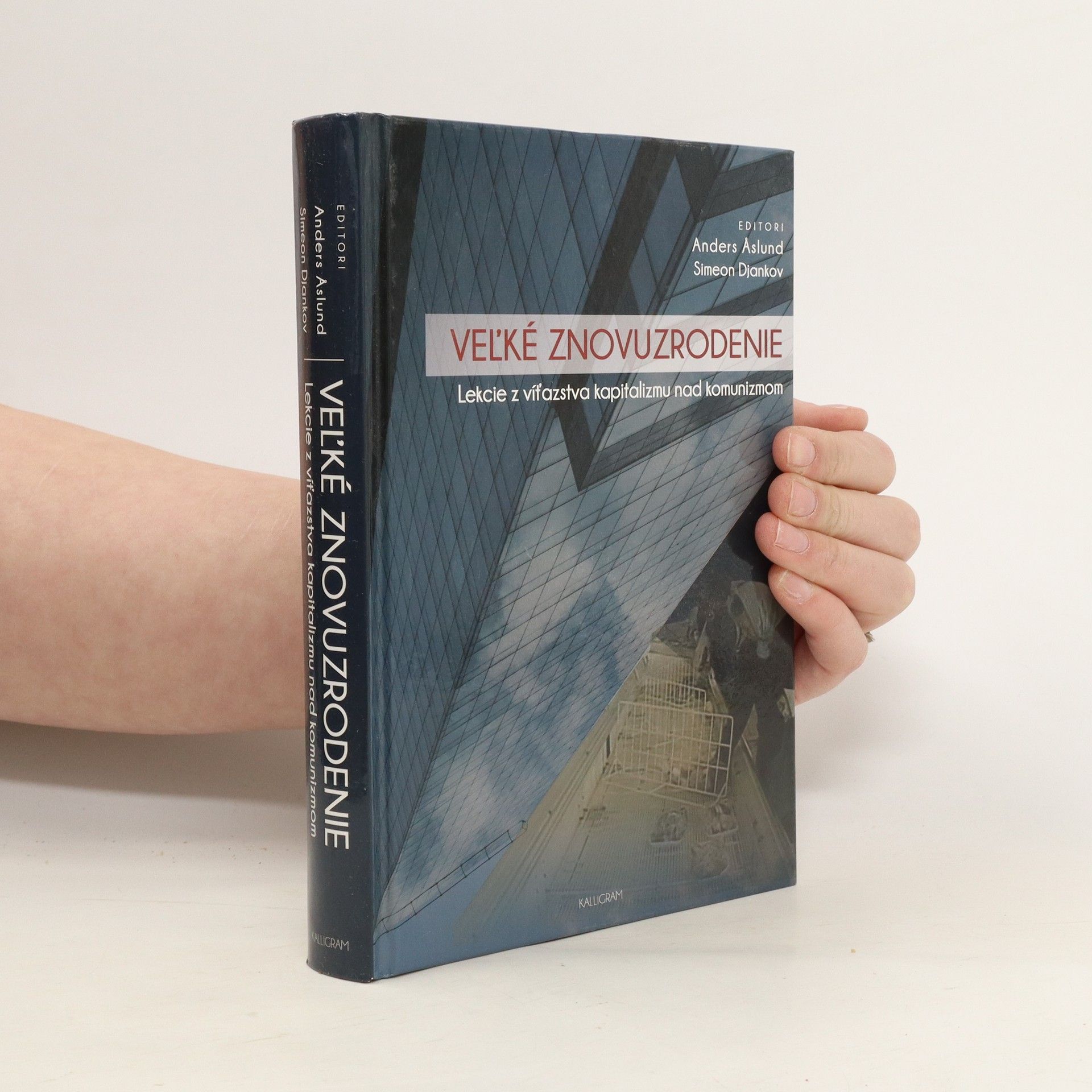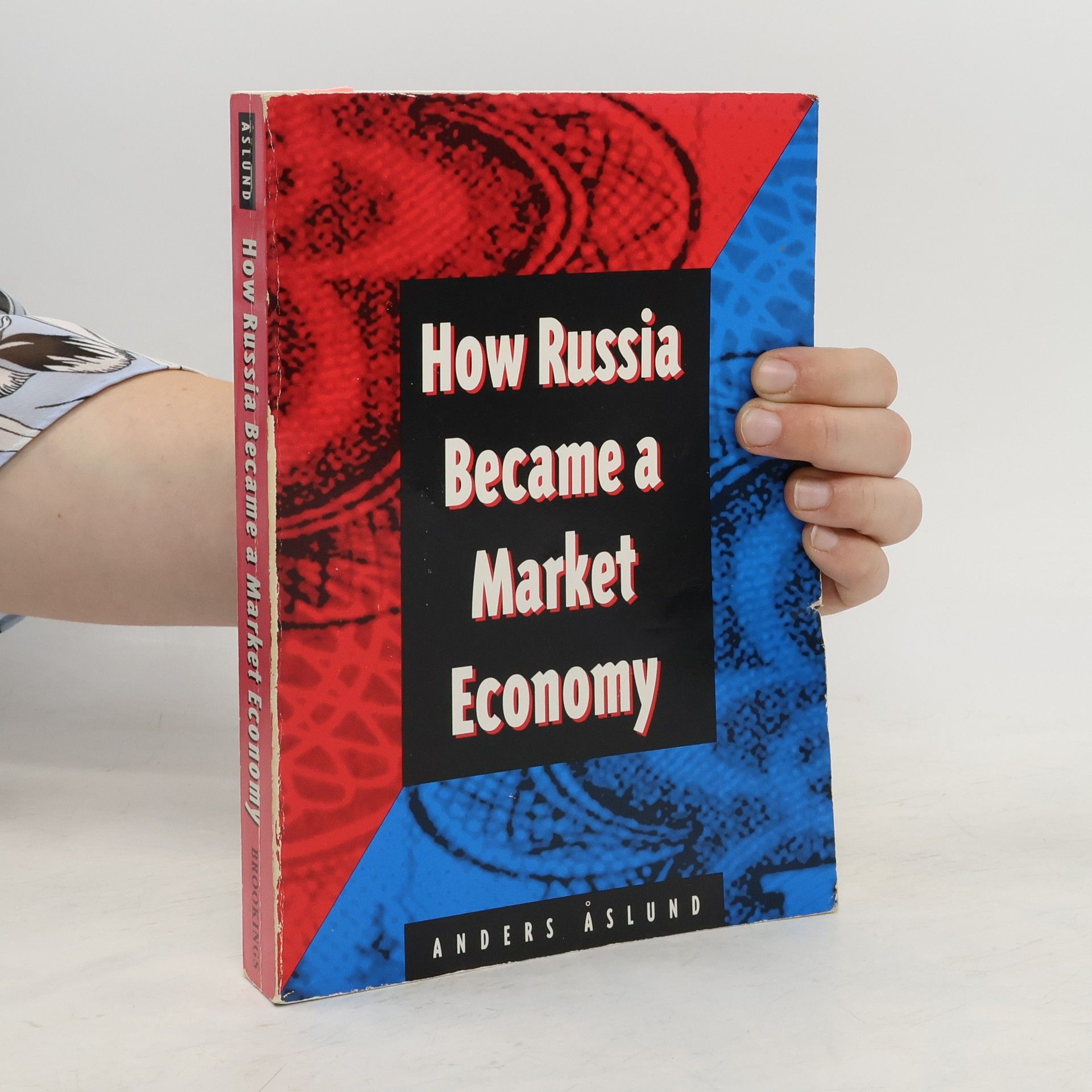Russia's Crony Capitalism
- 336pages
- 12 heures de lecture
A penetrating look into the extreme plutocracy Vladimir Putin has created and its implications for Russia's future






A penetrating look into the extreme plutocracy Vladimir Putin has created and its implications for Russia's future
This is an examination of the economic achievements and failures in a number of former communist-bloc countries, focusing on the common issues and the available options. It covers developments in Russia, Poland, Czechoslovakia, Hungary, Yugoslavia, Bulgaria, Romania and Albania, as well as the economic transformations in China and Vietnam. The book also puts forward policy recommendations for the future. One of the author's conclusions is that, the slower a country's process of democratization, the costlier its economic transformation is likely to be.
The book examines the formation and subsequent failure of the Commonwealth of Independent States (CIS) following the dissolution of the Soviet Union. It highlights the initial intentions behind the Belovezh Accords, aimed at fostering cooperation among former Soviet republics. However, the authors argue that the CIS has not achieved its goals of political coordination or economic integration, as the newly independent nations prioritized their sovereignty over collective governance. Insights from leading experts provide a thorough analysis of the challenges faced by the CIS.
Product Description: Russia projects a sense of renewed power and prominenence on the world stage; by 2020 it's expected to emerge as the fifth-largest economy in the world. Going forward, how the United States and Russia deal with each and with issues of mutual interest will have a significant impact around the globe. The Russia Balance Sheet sets forth a primer on Russia's current governmental and political infrastructure as well as its opportunity for growth. This important new book provides comprehensive, balanced, and accurate information on all key aspects of Russia and discusses what its status means for the US and other nations. To that end, the authors develop a cohesive, overarching framework that analyzes the nexus point of such areas as economic reforms and integration, domestic politics and society, foreign business partnerships, and energy demands. Based upon this foundation, the book capably suggests constructive policies for Russia and the next US administration that will take office in 2009.
This book provides the most detailed and insightful assessment to date of the Russian transformation from a socialist economy to a market economy. As a longtime specialist on the Soviet economy and an economic adviser to the Russian government during most of this period, Aslund analyzes the original intentions of the government, what they were to accomplish, and why they fell short. According to Aslund, the Russian transformation has not been too quick, as many maintain, but rather too slow.
Lekcie z víťazstva kapitalizmu nad komunizmom. Pád komunizmu pred 25 rokmi zmenil politické a ekonomické prostredie vo viac ako dvadsiatich krajinách Európy a Ázie. V tejto publikácii vedúci politický činitelia, akademici a tvorcovia politík hodnotia skúsenosti získané z „veľkého znovuzrodenia“ kapitalizmu. Vyzdvihujú tie stratégie, ktoré boli v jednotlivých štátoch najúspešnejšie v procese ich prechodu na stabilné a prosperujúce trhové hospodárstva. Sú v nej však uvedené aj príklady takých krajín, v ktorých opäť prevládlo politické a ekonomické autoritárstvo. Autori štúdií dospeli k záveru, že najlepšie výsledky sa zrodili zásluhou jasných vízií lídrov a ich ochoty podniknúť odvážne kroky, vďaka privatizácii štátnych podnikov a deregulácii cien. Nedávne retardačné tendencie v Rusku a v Maďarsku však vrhajú tieň na odkaz transformácie pred štvrťstoročím. Kniha je výsledkom dvojdňového sympózia v Budapešti 6. až 7. mája 2014, na ktorom odborníci – teoretici a praktickí ekonómovia – reflektovali na minulosť, súčasnosť a budúcnosť reforiem.